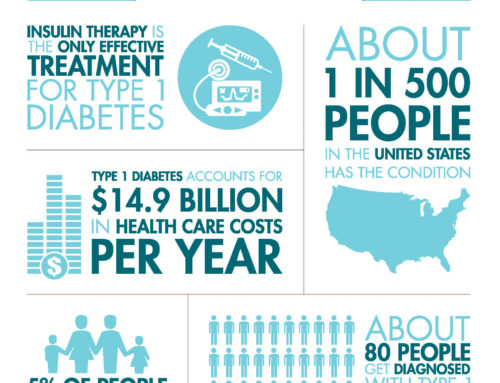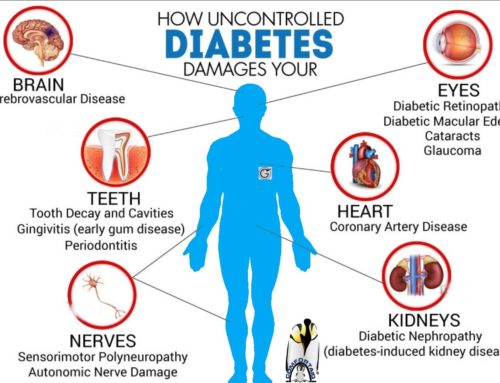Living with type 1 diabetes can be emotionally draining. It’s normal for people with type 1 diabetes to feel scared, angry, frustrated, or discouraged from time to time. But there are some simple steps that you can take to reduce stress levels and anxiety. These seven suggestions can also help you to live better with type 1 diabetes.
Doctors call the stress, anxiety, and negative emotions related to diabetes “diabetes distress.” People who have had type 1 diabetes for a long time may develop “diabetes burnout.” This can happen when you start to feel burdened by your diabetes.
Along with diabetes stress, you likely also have other sources of stress in your life, such as school or work. Getting a handle on stress can go a long way towards coping better with diabetes. Find an activity that you enjoy to manage daily stress. Some options include exercising, going for a walk, taking a long bath, or even doing the dishes. Breathing exercises can also be helpful for reducing anxiety.
Getting support from others can also reduce your chance of developing a mental health disorder. If you have type 1 diabetes, you’re at increased risk of developing mental health disorders, including depression and anxiety. People with mental health disorders may find it harder to manage their diabetes and stick to their prescribed medication regimen. People with type 1 diabetes and mental health disorders also tend to have poorer glycemic control. This can raise the risk for other diabetes complications. You may need to see a mental health professional for help if you have these issues.
• Type I Diabetes Support Group
• Juvenile Diabetes Meetup Groups
Every parent of a child with diabetes must deal with the feelings that come with the disease. Try to keep in mind that for most kids, negative feelings about diabetes pass or change with time as they adjust to living with it. [/fusion_checklist]









Leave A Comment